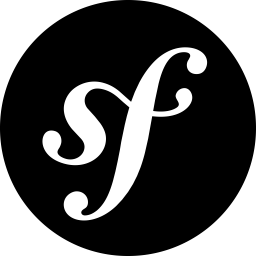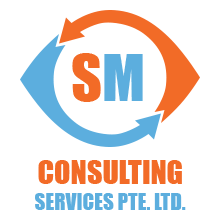
Laravel
Laravel is a web application framework with expressive, elegant syntax. Laravel attempts to take the pain out of development by easing common tasks used in the majority of web projects, such as authentication, routing, sessions, and caching.
Laravel aims to make the development process a pleasing one for the developer without sacrificing application functionality.
Laravel is accessible, yet powerful, providing powerful tools needed for large, robust applications. A superb inversion of control container, expressive migration system, and tightly integrated unit testing support give the tools that the developers need to build any application with which they are tasked with.

Symfony
Symfony is an Open Source PHP framework for web applications and a set of reusable PHP components. It was originally conceived in 2005 by the interactive agency Sensio Labs for the development of web sites for its own customers.
Thousands of web sites and applications rely on Symfony as the foundation of their web services. And most of the leading PHP projects, such as Drupal and Laravel use Symfony components to build their applications.
Django
Django is a high-level Python web framework that enables rapid development of secure and maintainable websites. Built by experienced developers, Django takes care of much of the hassle of web development, so the developers can focus on writing the app without needing to reinvent the wheel. It is free and open source, has a thriving and active community, great documentation, and many options for free and paid-for support.
Django follows the “Batteries included” philosophy and provides almost everything developers might want to do “out of the box”. Because everything one needs is part of the one “product”, it all works seamlessly together, follows consistent design principles, and has extensive and up-to-date documentation. Django can be (and has been) used to build almost any type of website — from content management systems and wikis, through to social networks and news sites. It can work with any client-side framework, and can deliver content in almost any format (including HTML, RSS feeds, JSON, XML, etc).

MERN
MERN stands for MongoDB, Express, React, Node, after the four key technologies that make up the stack.
MongoDB – document database
Express(.js) – Node.js web framework
React(.js) – a client-side JavaScript framework
Node(.js) – the premier JavaScript web server
MERN is one of several variations of the MEAN stack (MongoDB Express Angular Node), where the traditional Angular.js frontend framework is replaced with React.js. Other variants include MEVN (MongoDB, Express, Vue, Node), and really any frontend JavaScript framework can work.
Express and Node make up the middle (application) tier. Express.js is a server-side web framework, and Node.js the popular and powerful JavaScript server platform. Regardless of which variant you choose, ME(RVA)N is the ideal approach to working with JavaScript and JSON, all the way through.
